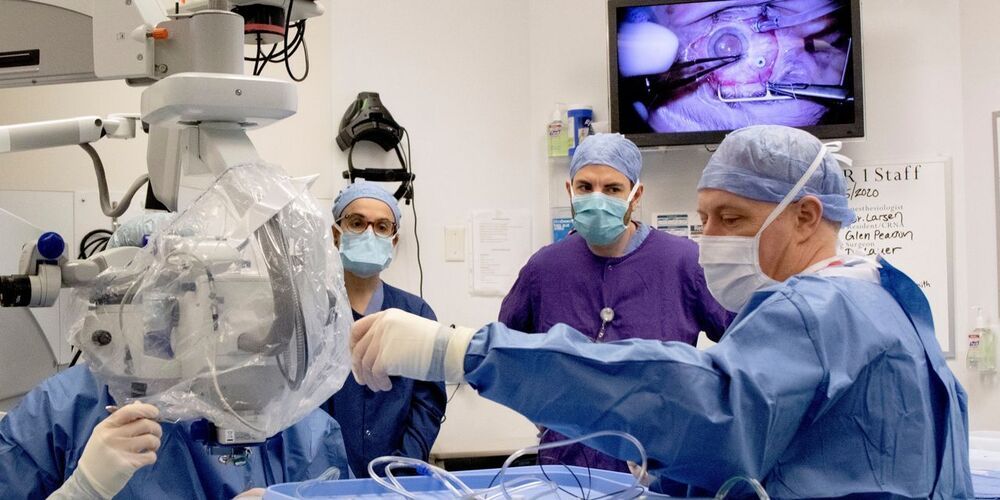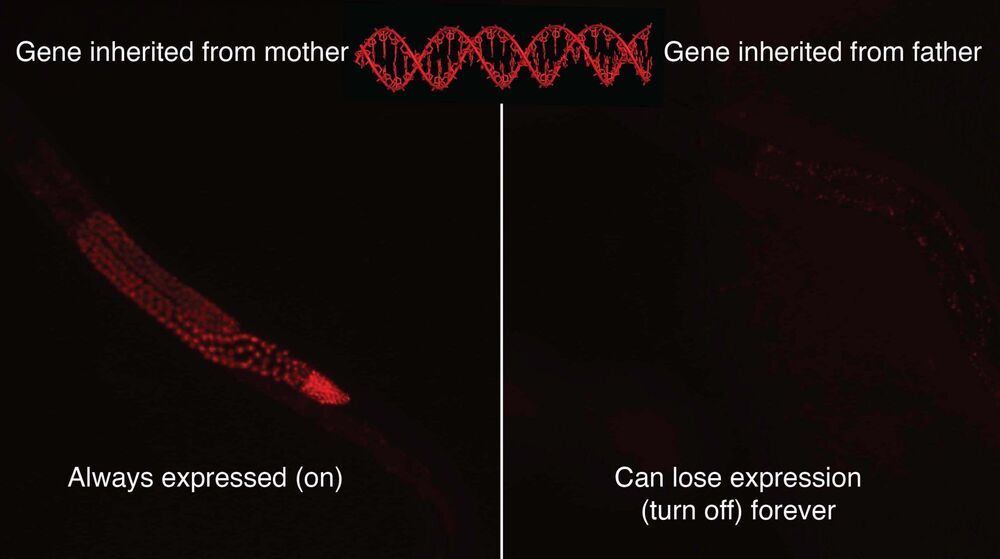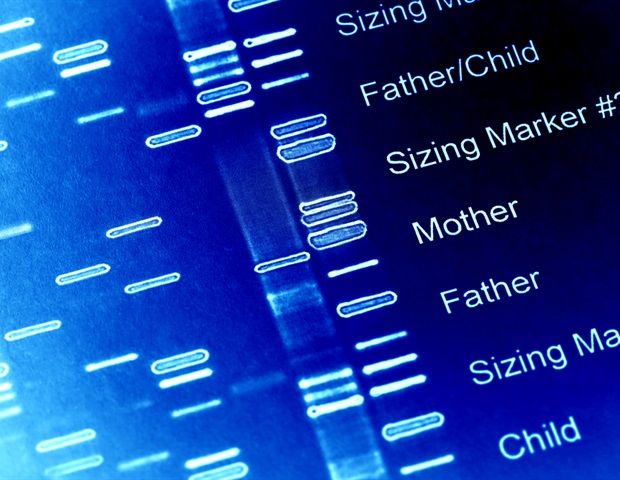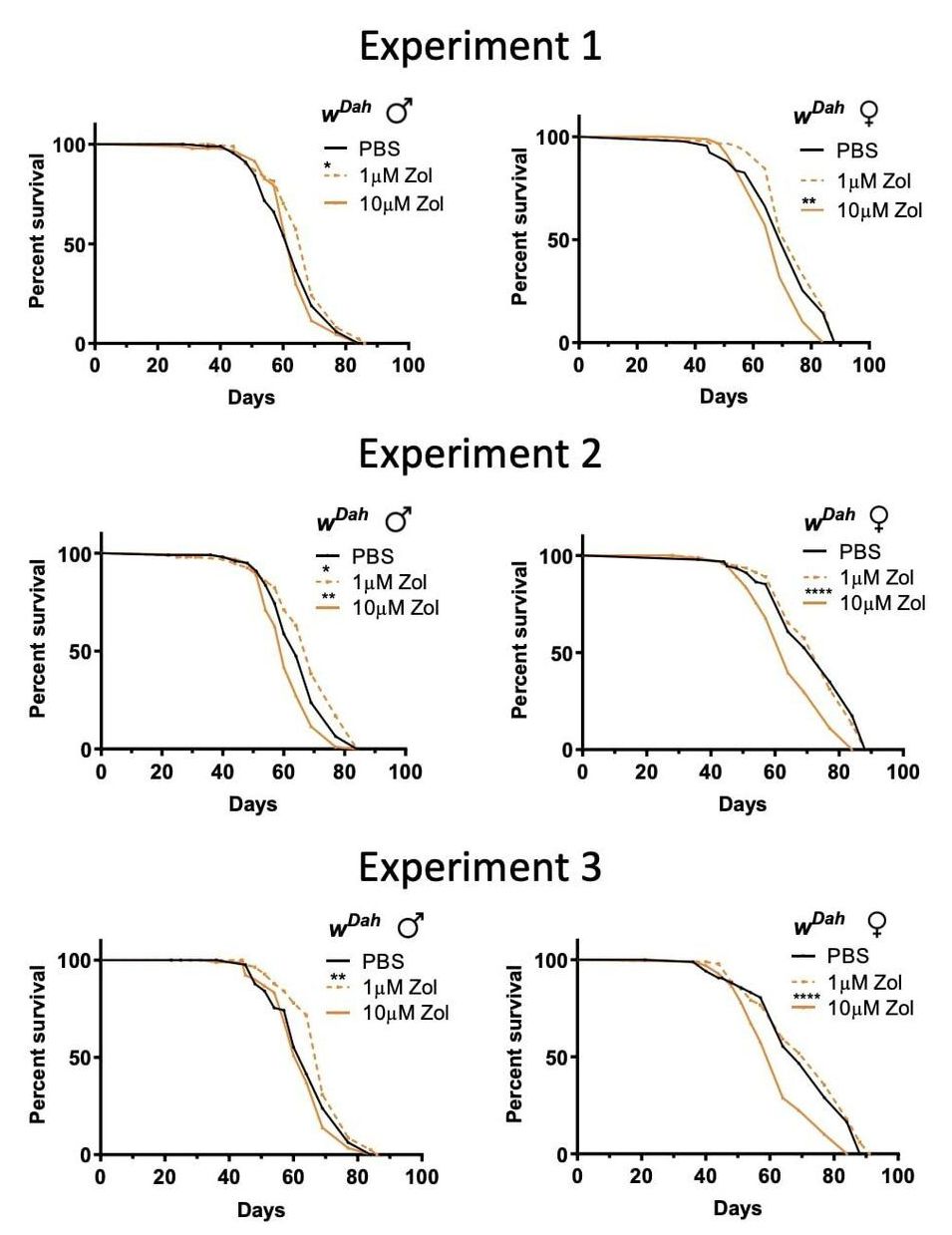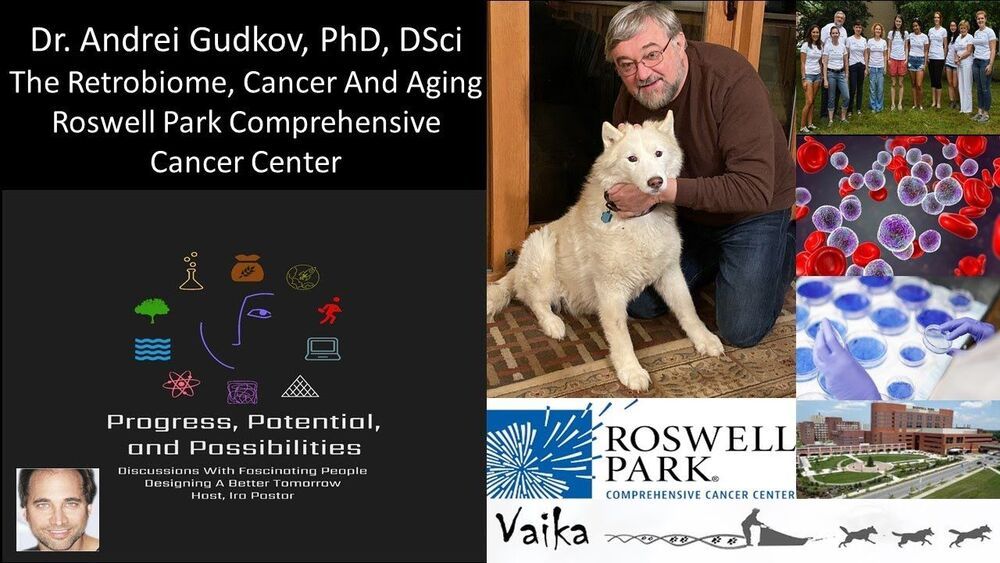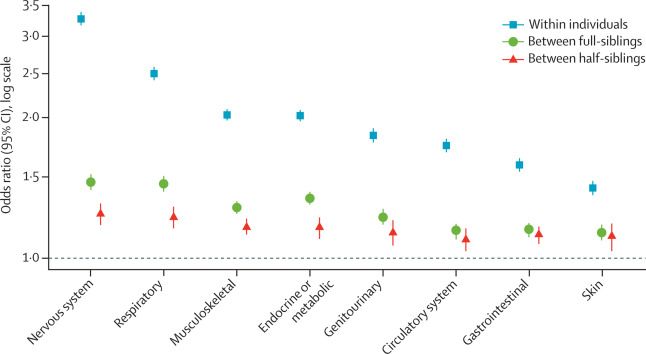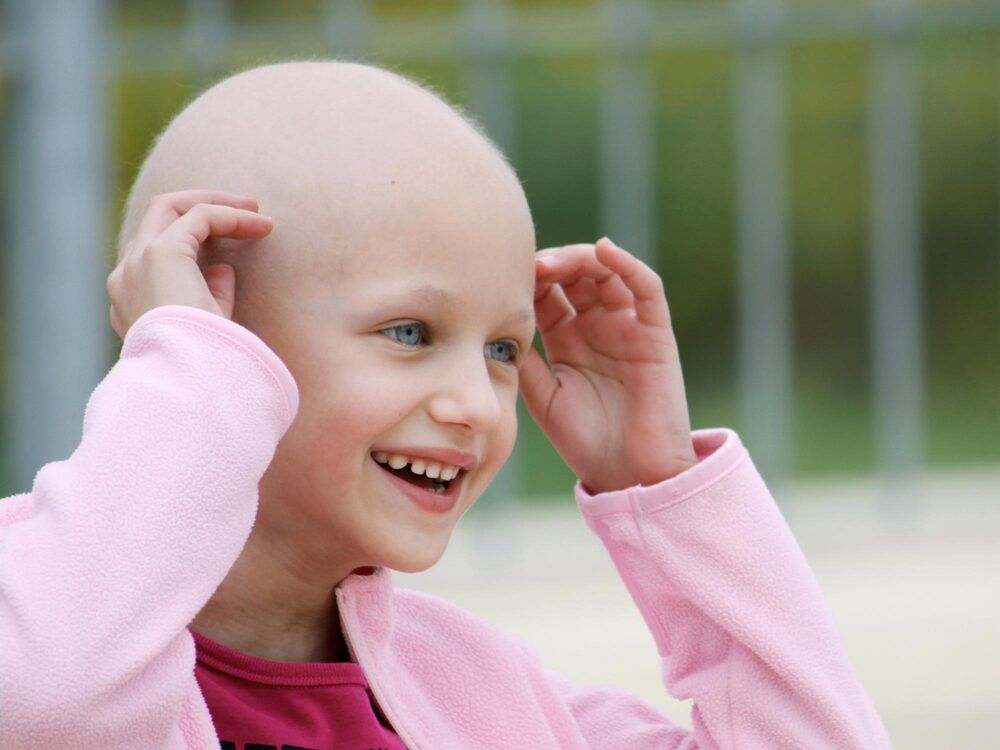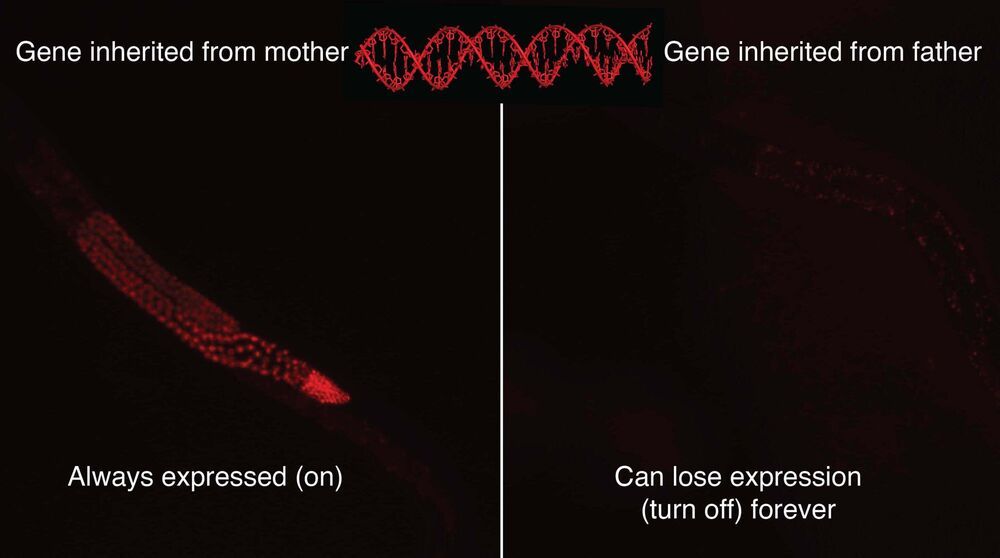
Evidence suggests that what happens in one generation—diet, toxin exposure, trauma, fear—can have lasting effects on future generations. Scientists believe these effects result from epigenetic changes that occur in response to the environment and turn genes on or off without altering the genome or DNA sequence.
But how these changes are passed down through generations has not been understood, in part, because scientists have not had a simple way to study the phenomenon. A new study by researchers at the University of Maryland provides a potential tool for unraveling the mystery of how experiences can cause inheritable changes to an animal’s biology. By mating nematode worms, they produced permanent epigenetic changes that lasted for more than 300 generations. The research was published on July 9, 2021, in the journal Nature Communications.
“There’s a lot of interest in heritable epigenetics,” said Antony Jose, associate professor of cell biology and molecular genetics at UMD and senior author of the study. “But getting clear answers is difficult. For instance, if I’m on some diet today, how does that affect my children and grandchildren and so on? No one knows, because so many different variables are involved. But we’ve found this very simple method, through mating, to turn off a single gene for multiple generations. And that gives us a huge opportunity to study how these stable epigenetic changes occur.”

